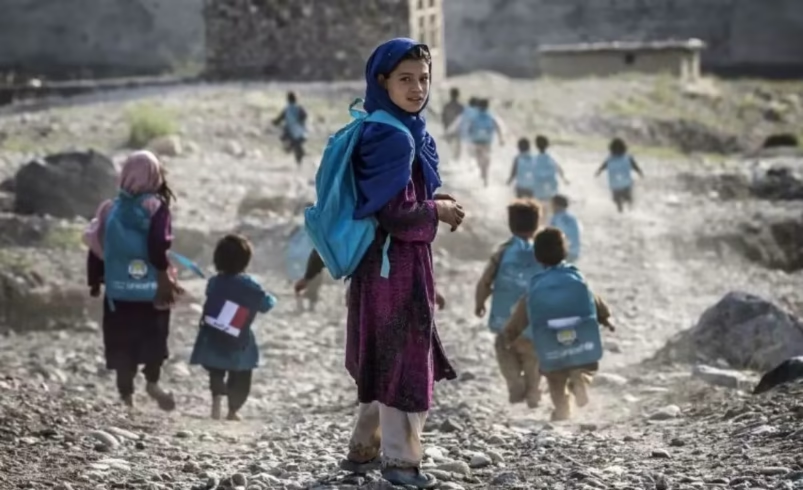UN Launches Vocational Training for Afghan Women Amid Taliban Education Ban
- August 13, 2025
- 0

In response to the Taliban’s ongoing restrictions on female education in Afghanistan, UNICEF, with support from Japan, is initiating a vocational training program aimed at empowering young women. This program, set in Herat province, targets 200 girls aged 15-25 who have been deprived of formal education due to the Taliban’s policies. The initiative seeks to equip these young women with practical skills such as sewing and carpet weaving, which are essential for fostering economic independence and resilience in a challenging socio-political environment.
The six-month training program is designed to provide participants with marketable skills that can help them generate income and support their families. By focusing on traditional crafts like sewing and carpet weaving, the program not only preserves cultural heritage but also opens up new opportunities for women in local and international markets. This initiative is crucial in a context where women’s access to education and employment has been severely curtailed.
The vocational training program represents a significant step towards empowering Afghan women, offering them a pathway to self-sufficiency despite the restrictive environment. By targeting girls from disadvantaged backgrounds, the program aims to break the cycle of poverty and dependence, enabling participants to contribute positively to their communities. The collaboration between UNICEF and Japan underscores the importance of international support in addressing gender inequality and promoting women’s rights in Afghanistan.
While the vocational training program is a positive development, it also highlights the ongoing challenges faced by Afghan women under Taliban rule. The international community continues to advocate for the restoration of girls’ right to education, emphasizing that access to learning is fundamental for sustainable development and peace. As this initiative unfolds, it serves as a reminder of the resilience of Afghan women and the critical role of global partnerships in supporting their aspirations.